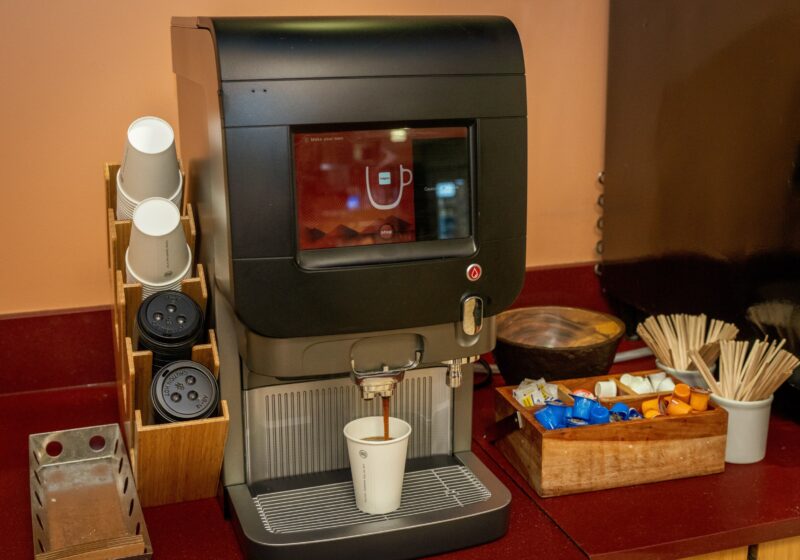Diana Fuss, Assistant Professor of English at Princeton University, led a filled Gowen Room into the world of Marcel Proust in a lecture given Nov. 22. Her speech, entitled “In Bed with Proust”, described the intimate details of Proust’s living quarters and how the elements of the room symbolized what made up the eccentric traits of the famed author.
The lecture, a Craig Owens Memorial Lecture and part of the Susan B. Anthony Visiting Scholar Lecture Series, was mostly a reading from Fuss’s new novel. The book specifically discusses the subject of Proust’s bedroom, highlighting particular parts and how it related to his lifestyle, personality and the workings of his inner mind.
Fuss was able to visit and photograph the soundproof, cork-lined apartment on Boulevard Haussman in Paris, in which Proust essentially closed himself off from the world, to create his renowned written works. “Proust lived in this world and wrote about it with fervor,” Fuss said.
She described the setup of the room and its furniture, noting the degree of insight this exploration gave into explaining Proust as a person. “[The room] provides revealing context for the literary work so painstakingly produced there,” she said.
Proust moved into the apartment after his parents’ death in 1905, and many of the furniture pieces were heirlooms from his deceased mother, with whom he had had a strong relationship. Proust sought to create a room of mourning, Fuss explained.
She went on to describe the atmosphere of the room, as mixing a combination of “the Occident and the Orient,” with masculine wooden furnishings with the femininity of Oriental decoration.
Proust himself was somewhat taken with the Orient, and being an invalid for the second half of his life, would lie in bed in a Japanese housecoat, described by Fuss using the words of other critics as “sedentary but regal.”
Proust wrote his lengthy works while in bed, keeping black bound notebooks containing his manuscripts. When he would venture outside, he would, as a known homosexual, frequent a brothel, and separated this part of his lifestyle from his inner life where he kept his quarters scrupulously clean.
Fuss conceded to the views of one author who specifically defended that his bedroom was used solely for writing.
“The idea of Proust’s bedroom as a literary cloister is not altogether an untenable one,” she said. Along with this, she described the giving of a chaise lounge where he had had “natural experiences” to the brothel.”He threw the sex out with the sofa,” she said.
According to Fuss, Proust also made sure in the later part of his life that his senses were not subject to outside stimuli, ensuring that windows were shut, doors were closed, and even the grand piano residing in his room remained silent.
He believed this was the route to creating a successful atmosphere for the creation of his novels. “It is necessary to suspend the senses in order to write about them,” Fuss said, quoting Proust.
She went on to describe the various roles of Proust’s room, as a study, sick room, dark room, and theater, noting how each theme corresponded to different facets of his life and character makeup.
When asked afterward what she hoped to accomplish or what was at stake in this project, Fuss conceded that Proust, along with Dickens, Freud and Helen Keller, are authors she is somewhat obsessed with.
These authors all are deeply involved with the idea of interiority, and Fuss’ interest in this led her to begin her lengthy and in depth study of Proust. “[This project] is to meet them where they live,” she said.
Students seemed to enjoy the reading. “I thought it was very interesting,” said sophomore Anne Marino. “I knew nothing about the subject but I understood it.”
Sophomore Kelly McManee agreed. “I thought it was surprisingly humorous,” she said.
After the reading, Douglas Crimp, a professor of art and art history who had introduced Fuss, complemented her on how well she described and brought to life Proust’s room as well as his character without the aid of photographs, which she was not allowed to share. Fuss after thanking him laughingly added, “I think Proust would have been pleased to hear that the written word has triumphed over the image.”




